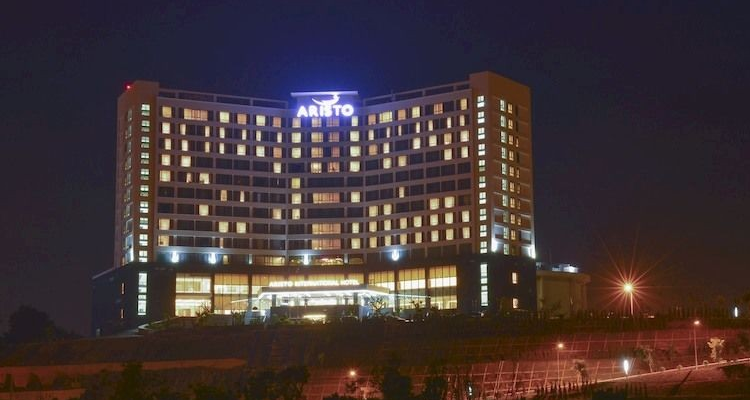New figures from some of the casinos in Vietnam have reportedly revealed that last month’s decision by authorities in the Asian nation to partially lift their long-standing ban on locals gambling could not have come at a better time for the local industry.
According to a report from the VietNamNet online news domain, Hoang Gia International Joint Stock Company runs a foreigner-only casino in Halong City near the city of Haiphong and saw the venue record a net loss for 2016 of around $793,000 despite posting a 15% increase year-on-year in revenues to $3.87 million. The company allegedly revealed that its overall deficit for the year stood at $1.58 million due in large part to high capital costs of approximately $5.41 million.
VietNamNet reported that this had not come as a surprise as a 2012 report from the Haiphong City Party Committee showed that Do Son Casino, which was one of the first casinos in Vietnam, had accumulative losses of $7.44 million while its biggest annual post-tax deficit of $6.74 million came in 2014.
Hoang Gia International Joint Stock Company reportedly explained that Do Son Casino had also experienced a drop in the number of visitors from China and Taiwan while it was seeking to make up this shortfall by attracting high-value tourists from South Korea and Japan.
Sydney-listed Donaco International Limited is also active in Vietnam casino market and operates the Aristo International Hotel near the nation’s border with China. It reportedly explained that the venue was still profitable but that the figure was only about one-sixth that recorded by its Star Vegas Resort And Club in northwestern Cambodia.
The firm declared that its Vietnam operation attracted some 148,000 players last year but that revenues came in at only about $23 million while its pre-tax profit of $4 million was approximately one-sixth the $62 million seen in Cambodia.
VietNamNet reported that the country currently has seven foreigner-only casinos with most of these having recently recorded “unsatisfactory business results” while the industry could face further challenges in the future as more venues are established.



